Have you ever stopped to think about how different our lives would be without certain inventions? I mean, can you imagine a world without the telephone, the internet, or the automobile? It’s mind-boggling!
In this article, we’ll take a trip down memory lane and explore some of the most groundbreaking inventions that have shaped our world as we know it today. Get ready for some history and maybe a chuckle or two!
1. The Printing Press (1440)
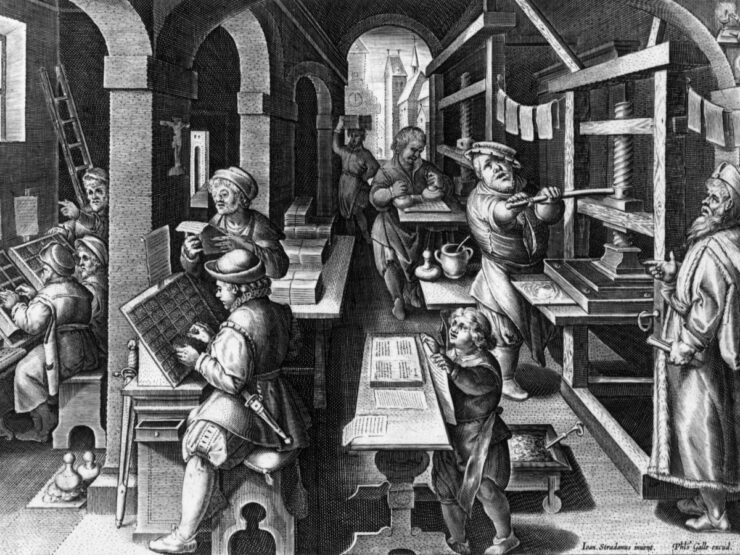
Who would have thought that a simple machine could change the world forever? Well, that’s exactly what Johannes Gutenberg’s printing press did in 1440. With this invention, printing and dissemination of information became easier and more efficient. People could now share ideas and information much faster than ever before. Can you imagine the headache of having to copy every book by hand? I can’t even imagine! The printing press paved the way for the mass production of books and paved the way for the enlightenment era. It allowed ideas to be spread far and wide, and paved the way for modern journalism and publishing.
2. The Steam Engine (1765)
Talk about changing the game! James Watt’s steam engine revolutionized transportation and manufacturing. The steam engine made it possible to power large machines and vehicles, leading to the birth of the industrial revolution. This invention paved the way for the development of trains, steamboats, and the modern economy. The steam engine made it possible for goods to be transported faster and more efficiently, leading to the growth of cities and the global economy. It also created new job opportunities and made the world a more connected place.
3. The Telephone (1876)
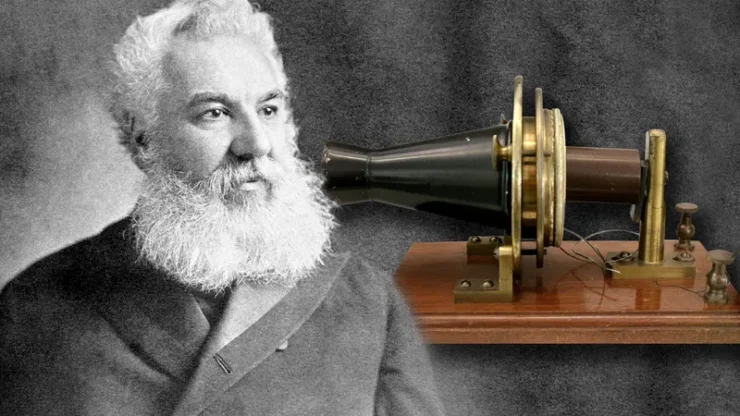
Alexander Graham Bell’s telephone was a game-changer for communication. Can you imagine having to send a letter or make a trip just to pass on a message? With the telephone, people could now communicate over long distances in real-time. This invention paved the way for modern telecommunication technology and shaped the way we interact with each other. It wasn’t easy for Bell to break through since he didn’t have all the help we have nowadays. You wonder which help? Go ahead and check this. Let’s get back to a thing we have in our pockets. The telephone allowed people to stay connected with friends and family, even if they were far away. It also paved the way for teleconferencing and remote work, making it possible to do business from anywhere in the world.
4. The Electric Power Grid (1882)
Thomas Edison’s electric power grid transformed the way we live. Before this invention, people had to rely on candles and gas lamps for lighting. But with the power grid, electricity could be distributed to homes and businesses, making it possible to power lights, appliances, and even streetcars. This invention changed the world and made it a brighter place. The electric power grid also created new job opportunities and made it possible for people to live and work in cities. It paved the way for the development of modern infrastructure and allowed for the growth of industries and economies.
5. The Automobile (1886)
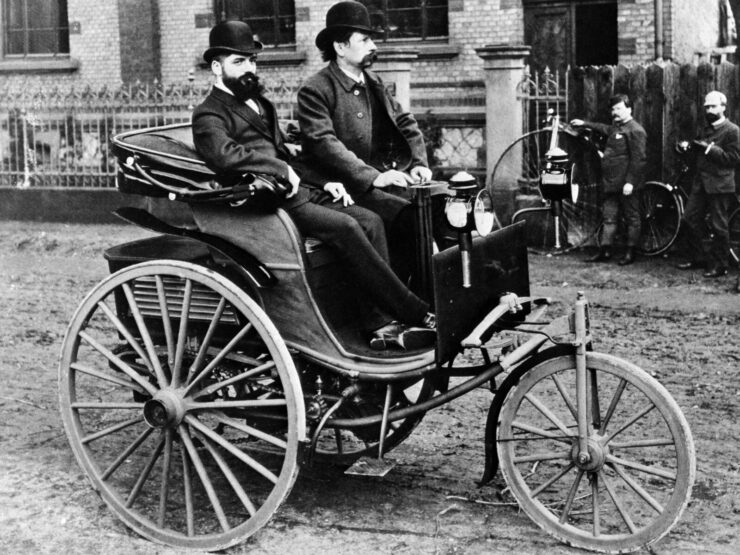
The automobile was a true game-changer in the transportation industry. It made it possible for people to travel to places they’ve never been before, creating new job opportunities and allowing for the growth of industries and economies. People could now travel for work, leisure, and even long-distance visits to friends and family. Can you imagine having to walk or take a horse-drawn carriage to travel long distances? With the automobile, travel time was significantly reduced, and people could reach their destinations much faster.
The automobile also paved the way for the development of modern cities. With faster transportation, people could now live in suburbs and commute to work in the city. It changed the way people lived and worked and made it possible for cities to grow and expand. The automobile also sparked a passion for travel and adventure, leading to the growth of the tourism industry and making it possible for people to explore new places and experience different cultures.
6. The Computer (1936)
The computer has completely transformed the way we live and work. In the early days of computing, machines were massive and could only be used by government agencies and large corporations. But now, computers have become smaller and more affordable, making them accessible to people all over the world. With the advent of the internet, computers have made it possible for us to communicate with people from all over the world, collaborate on projects, and access information from anywhere, anytime.
Computers have also changed the way we entertain ourselves. With the growth of the gaming industry, computers have become a platform for gaming, providing us with a new form of entertainment and even a way to make a living for some people. With the rise of streaming services, we can now watch movies, TV shows, and other content from the comfort of our own homes. The computer has also revolutionized the music industry, making it possible for artists to create and distribute music to a global audience.
7. The Internet (1969)
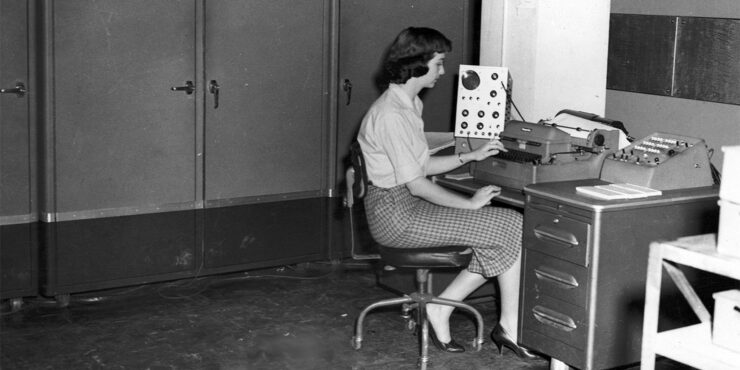
The internet is truly a revolutionary invention that has changed the world in so many ways. Who would have thought that a simple network of computers would evolve into a global network that connects billions of people? The internet has made it possible for us to access information from all over the world, communicate with others instantly, and connect with people from different cultures and backgrounds. It has opened up new opportunities for education, business, and entertainment.
The internet has also created a new economy, with the rise of e-commerce and online businesses. People can now buy and sell goods and services from the comfort of their own homes. The internet has also created new job opportunities, such as software development, digital marketing, and content creation. The internet has made it possible for people to work from anywhere and has created a more flexible and connected world.
8. Penicillin (1928)
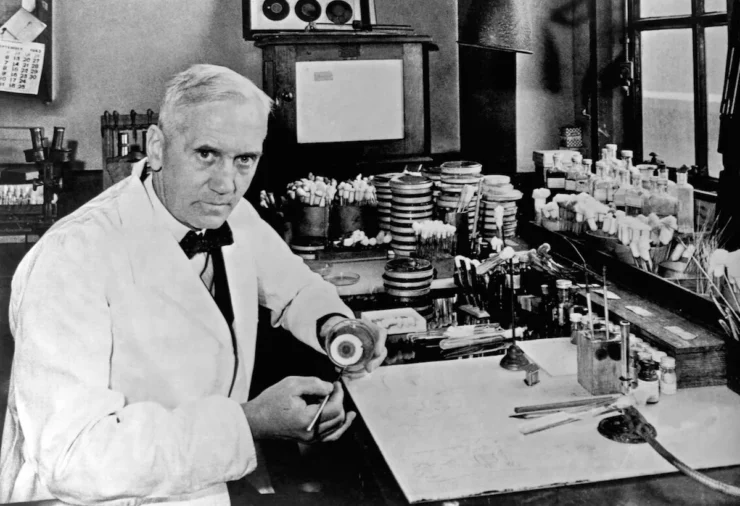
In 1928, a groundbreaking discovery emerged from Alexander Fleming’s laboratory that would forever change the trajectory of medicine. While conducting research, Fleming observed that a mold called Penicillium notatum inhibited bacterial growth. This serendipitous finding led to the development of penicillin, the first true antibiotic. Before its introduction, bacterial infections like tuberculosis, pneumonia, and scarlet fever were often deadly. Post-surgical infections and minor wounds could lead to severe complications. But with penicillin, a new era dawned where many previously fatal diseases became treatable. This discovery marked the onset of the antibiotic age, dramatically increasing life expectancy and setting the foundation for modern medicine. If you have a groundbreaking idea of this kind, you should definitely check out for more details here.
9. Light Bulb (1879)
Nightfall in the pre-electricity era meant resorting to candlelight or gas lamps. But all that changed in 1879 when Thomas Edison unveiled the incandescent light bulb. Edison’s invention was not the first of its kind, but it was the most practical and durable, lasting up to 1,200 hours. This transformative invention did more than just illuminate homes; it spurred a host of downstream innovations. Cities began adopting electric streetlights, factories could operate round-the-clock, and households saw a rise in electric appliances. Beyond its practical implications, the light bulb became a symbol of bright ideas and human ingenuity.
10. Airplane (1903)
Before 1903, the concept of human flight was more associated with myth and fantasy than reality. However, the perseverance and innovative spirit of two brothers, Orville and Wilbur Wright, brought this dream to life. On December 17, 1903, in Kitty Hawk, North Carolina, the Wright brothers achieved the first powered, sustained, and controlled airplane flight. Their invention paved the way for the aviation industry, shrinking our vast world in the process. Transcontinental and intercontinental travels, which once took weeks or even months, could now be accomplished in hours. The airplane not only revolutionized transportation but also reshaped global culture, economics, and geopolitics. Owning an idea like this one necessitates you to click here and see how you can move forward with your idea.
11. Television (1927)

Imagine a world where news, entertainment, and information were primarily accessed through radio broadcasts or printed materials. This was the reality until the late 1920s when Philo Farnsworth, among others, played a pivotal role in the invention of electronic television. Television began as a novelty, but its rapid evolution saw it becoming a household staple by the mid-20th century. The way people consumed news, entertainment, and even education was forever changed. Major historical events were broadcasted live, making viewers feel more connected to the world around them. Television’s impact on society is profound, influencing public opinion, culture, and even politics.
12. Smartphones (2000s)
While mobile phones had been in existence since the 1970s, the 2000s witnessed a seismic shift in their capabilities and influence, with the advent of smartphones. Exemplified by the iPhone, introduced in 2007, these devices combined traditional calling features with the functionalities of a computer. They boasted internet connectivity, multimedia capabilities, and a plethora of applications tailored for various needs. Today’s smartphones are a fusion of a camera, GPS, gaming console, and personal assistant, all wrapped into one. They’ve reshaped communication, made information instantly accessible, and even transformed business paradigms. The integration of smartphones into daily life is so profound that it’s challenging to imagine modern society without them.
Conclusion
In conclusion, these groundbreaking inventions have shaped our world in countless ways and continue to influence the way we live today. From the printing press to the internet, these inventions have made our lives easier, more connected, and have opened up a world of possibilities. So, the next time you use your smartphone, take a moment to appreciate the incredible advancements in technology that have brought us to where we are today.

